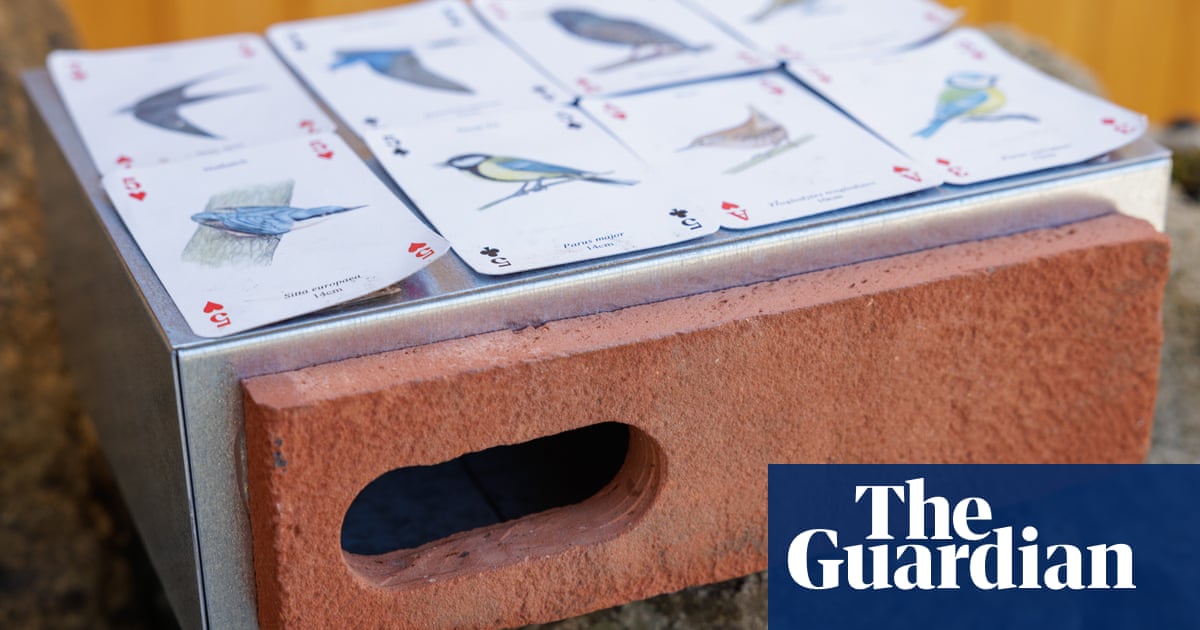Providing every new home with at least one “swift brick” to help endangered cavity-nesting birds has been rejected by Labour at the committee stage of itsincreasingly controversial planning bill.
The amendment to the bill to ask every developer to provide a £35 hollow brick for swifts, house martins, sparrows and starlings, which was tabled byLabourMP Barry Gardiner, has been rejected by the Labour-dominated committee.
Despite the Labour party having supported the swift brick amendment when it was tabled on Conservative government legislation in 2023, housing minister, Matthew Pennycook,told the House of Commons committee: “We are not convinced that legislating to mandate the use of specific wildlife features is the right approach, whether that is done through building regulations or a freestanding legal requirement.”
A new petition calling for swift bricks to be made mandatory for new homes has rapidly reached 80,000 signatures in recent days, two years after activistHannah Bourne-Taylorwon a parliamentary debate to help the rapidly declining migratory birds after109,896 voters signed a government petition.
Bourne-Taylor said there appeared to be “no logic” to the government’s opposition to swift bricks when they precisely meet its ambition of creatingwin-wins for the economy and nature.
“They are going to be building millions of bricks into walls. I don’t understand why there’s such a problem with a brick with a hole in it. It seems ludicrous,” she said. “Why say your new legislation is a win-win for new homes and the environment and exclude the only measure that is a true win-win?
“They are tone-deaf. This is such a tiny thing they could do, but it’s brewing such a distrust and sense of betrayal among the people who voted for them.”
Although some housebuilders are incorporating swift bricks in new builds, a recent University of Sheffield study found that75% of bird and bat boxesdemanded as a condition of planning permission for new housing developments had failed to materialise when the housing estates were complete.
Asked if he would meet MPs to discuss how to encourage the building industry to adopt swift bricks more widely, Pennycook said he would be happy to have conversations with MPs despite claiming hiscorrectly reported opposition to mandatory cavity-nesting brickshad been “spun” in a Guardian report.
These comments follow Pennycook’s recent defence of the planning bill’s proposed amendments to the Protection of Badgers Act that MPswarned would lead to “hostile treatment” of the much-persecuted animalin which the minister joked: “I would just like to make very clear, for the Guardian article that will no doubt appear tomorrow, that I have no particular animus against badgers in whatever form.”
Bourne-Taylor said she hoped that the swift brick amendment would now be championed by the House of Lords.
If that fails, Bourne-Taylor hopes to take her campaign to the wider public once again. The risingnew petition for swift bricks“just goes to show the public concern,” she said. “The government are not listening to the public or the experts.”
